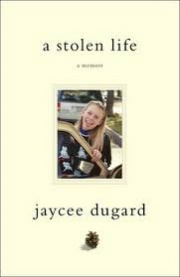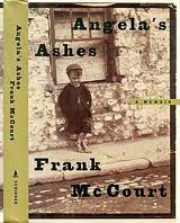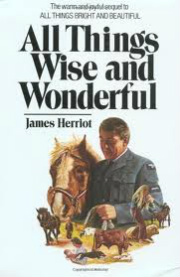Want to Hit the Bestseller List? Write a Memoir
Biff Barnes
It’s not a surprise when anyone points out that we live in “the age of memoirs.” The number of memoirs published increased 400% in four years leading Ben Yagoda in his book Memoir: A History to observe that, “Memoir has become the central form of the culture…”

The current list of New York Times Hard Cover Nonfiction Bestsellers includes three memoirs among the top 15 titles. Cheryl Strayed’s Wild, an account of the author’s transformational 1,000 mile hike along the Pacific Crest Trail is #4; Olympic soccer team goalkeeper Hope Solo’s book Solo is #12; and Kati Marton recalls her marriages to Peter Jennings and Richard Holbrooke in Paris: A Love Story which is #14. 9 out of the top 25 e-books are memoirs.
But what is interesting is that our fascination with memoirs is less recent than we often think. The Times Book Review in a look back at What We Were Reading listed the #1 Hard Cover Nonfiction Bestsellers for the second week in September one, two, five, ten, fifteen, twenty, twenty-five, thirty and thirty-five years ago. Seven of the nine books were memoirs:
2011 Jaycee Dugard, A Stolen Life A kidnap victim’s account of 18 years as a captive.
2007 Tony Dungy with Norman Whitaker, Quiet Strength First black coach to win a super bowl.

2002 Lisa Beamer, with Ken Abraham, Let’s Roll Wife of a passenger on United Flight 93 on 9/11
1997 Frank McCourt, Angela’s Ashes McCourt’s Pulitzer Prize-winner did for memoir what Alex Haley’s Roots did for family history.
1992 James Herriot, Every Living Thing Who said a Yorkshire veterinarian doesn’t have an interesting life?
1987 Peter Wright with Paul Greengrass, Spycatcher Former member of the British secret service
1977 James Herriot, All Things Wise and Wonderful See above. Herriot kicked off the franchise with All Creatures Great and Small which topped the list in 1972.
So it's been true for a long time that the story of a unique life or wonderful writing about one that may not be so extraordinary can connect with a large audience. But a lot of current memoir writers don’t seem to connect on either score. They simply want to get their story down on paper. That’s not enough.

They might be well advised to take a look at what Neil Genzlinger wrote in The Trouble With Memoir:
A moment of silence, please, for the lost art of shutting up.
There was a time when you had to earn the right to draft a memoir, by accomplishing something noteworthy or having an extremely unusual experience or being such a brilliant writer that you could turn relatively ordinary occurrences into a snapshot of a broader historical moment. Anyone who didn’t fit one of those categories was obliged to keep quiet. Unremarkable lives went unremarked upon, the way God intended.
So, if you are a writer hoping to hit the best seller lists with your memoir, you might want to follow Genzlinger’s advice, “If you didn’t feel you were discovering something as you wrote your memoir, don’t publish it. Instead hit the delete key, and then go congratulate yourself for having lived a perfectly good, undistinguished life. There’s no shame in that.”
There were plenty of Irish people who shared Frank McCourt’s childhood experiences, but only McCourt could pen Angela’s Ashes.